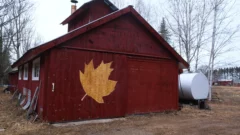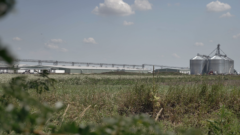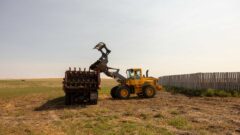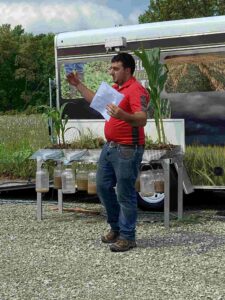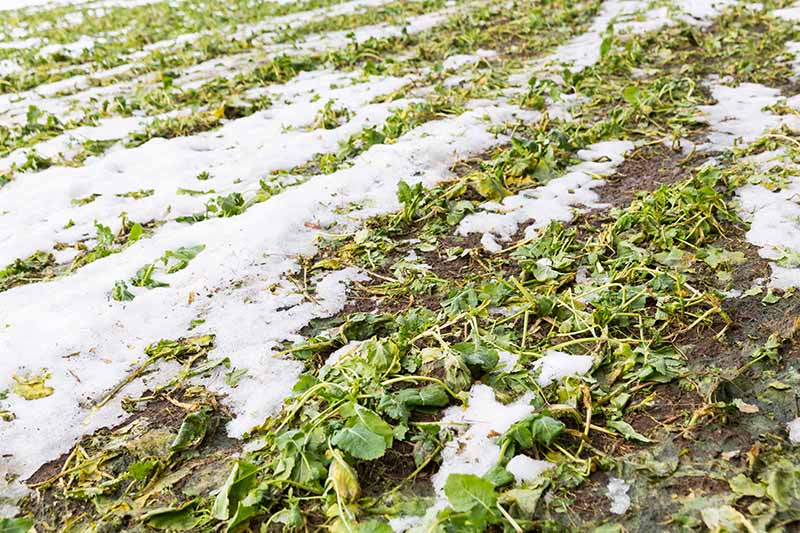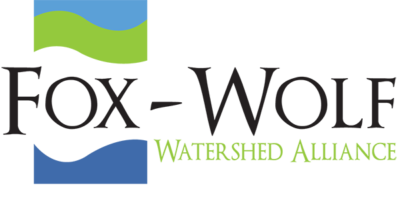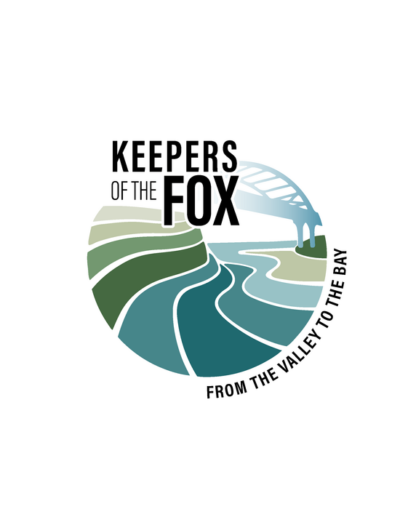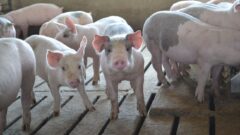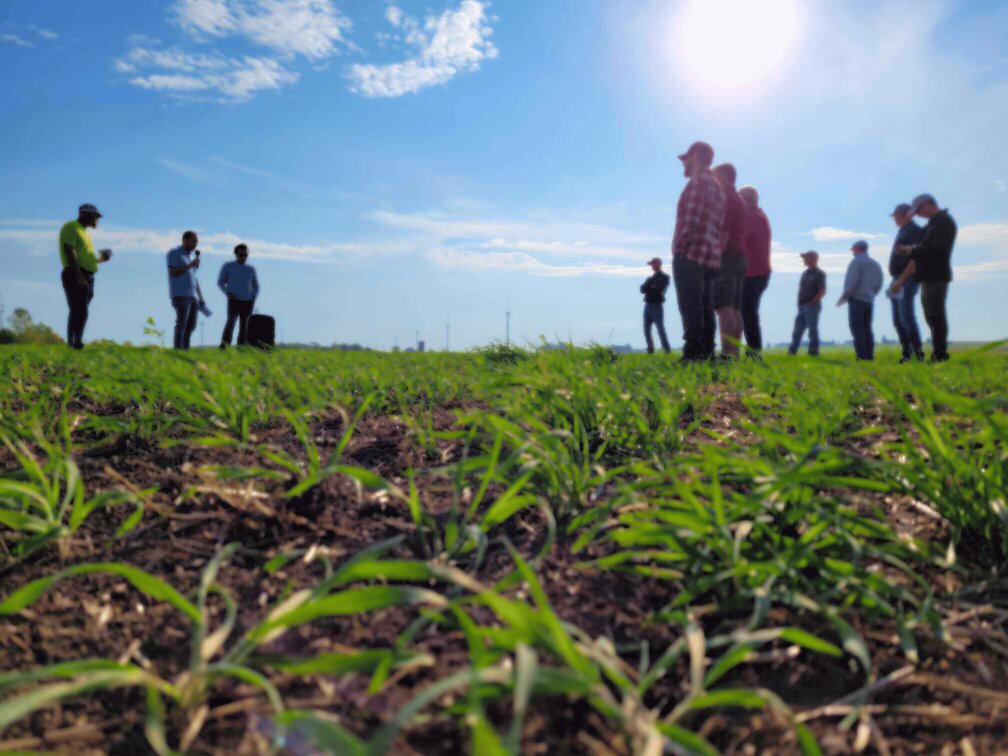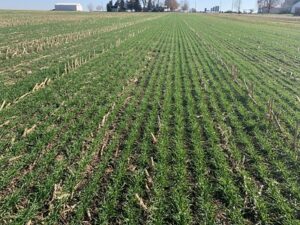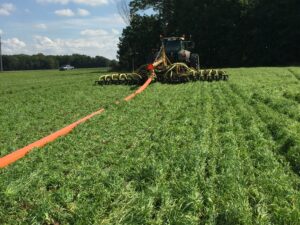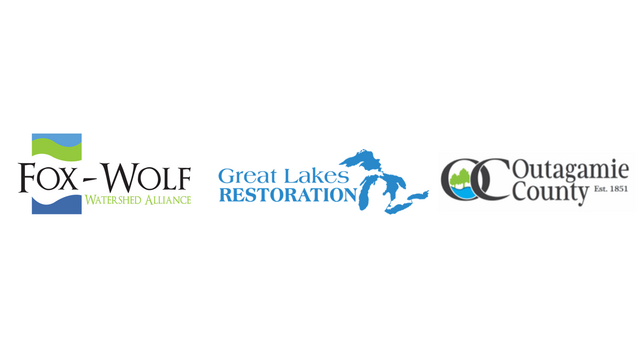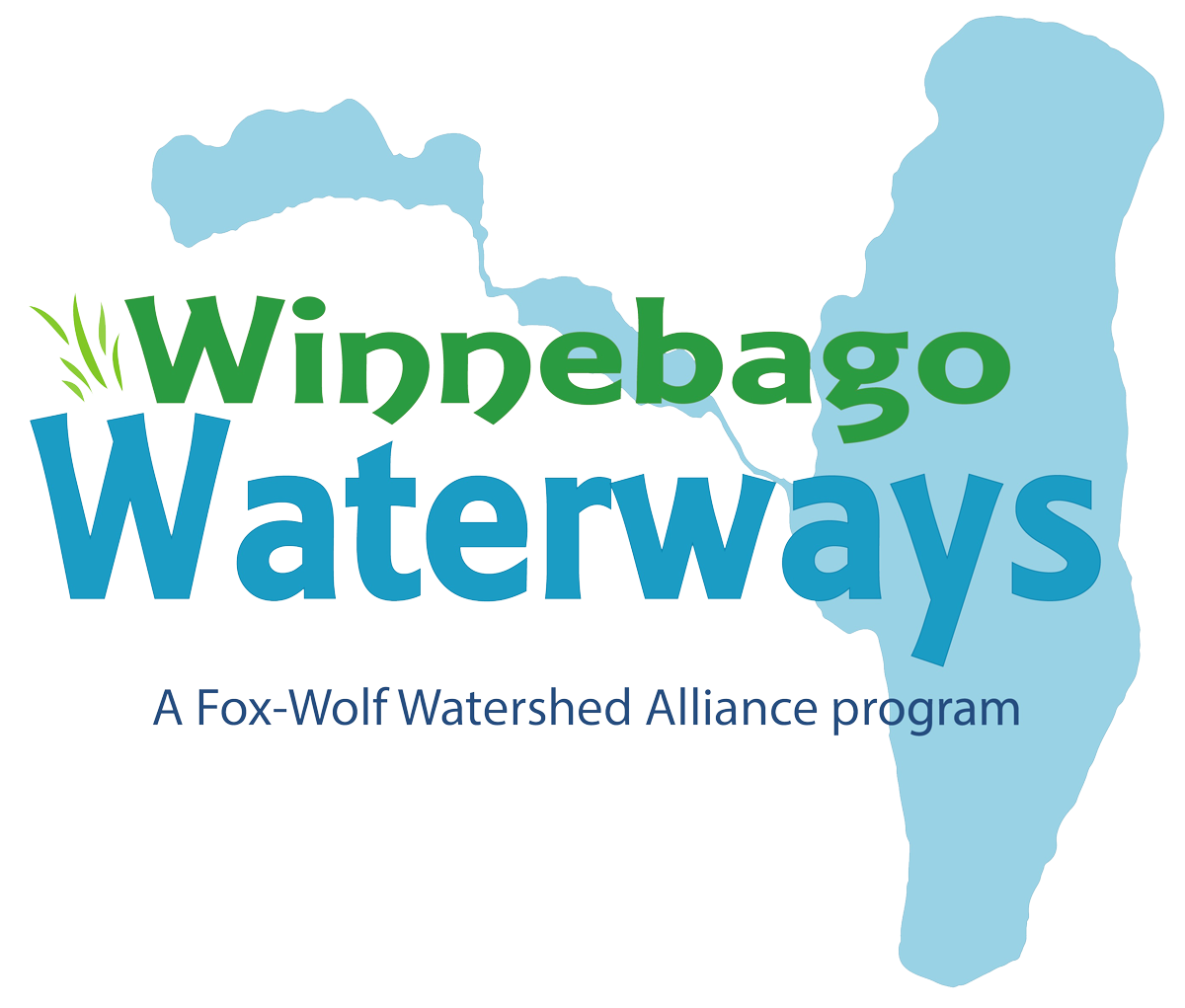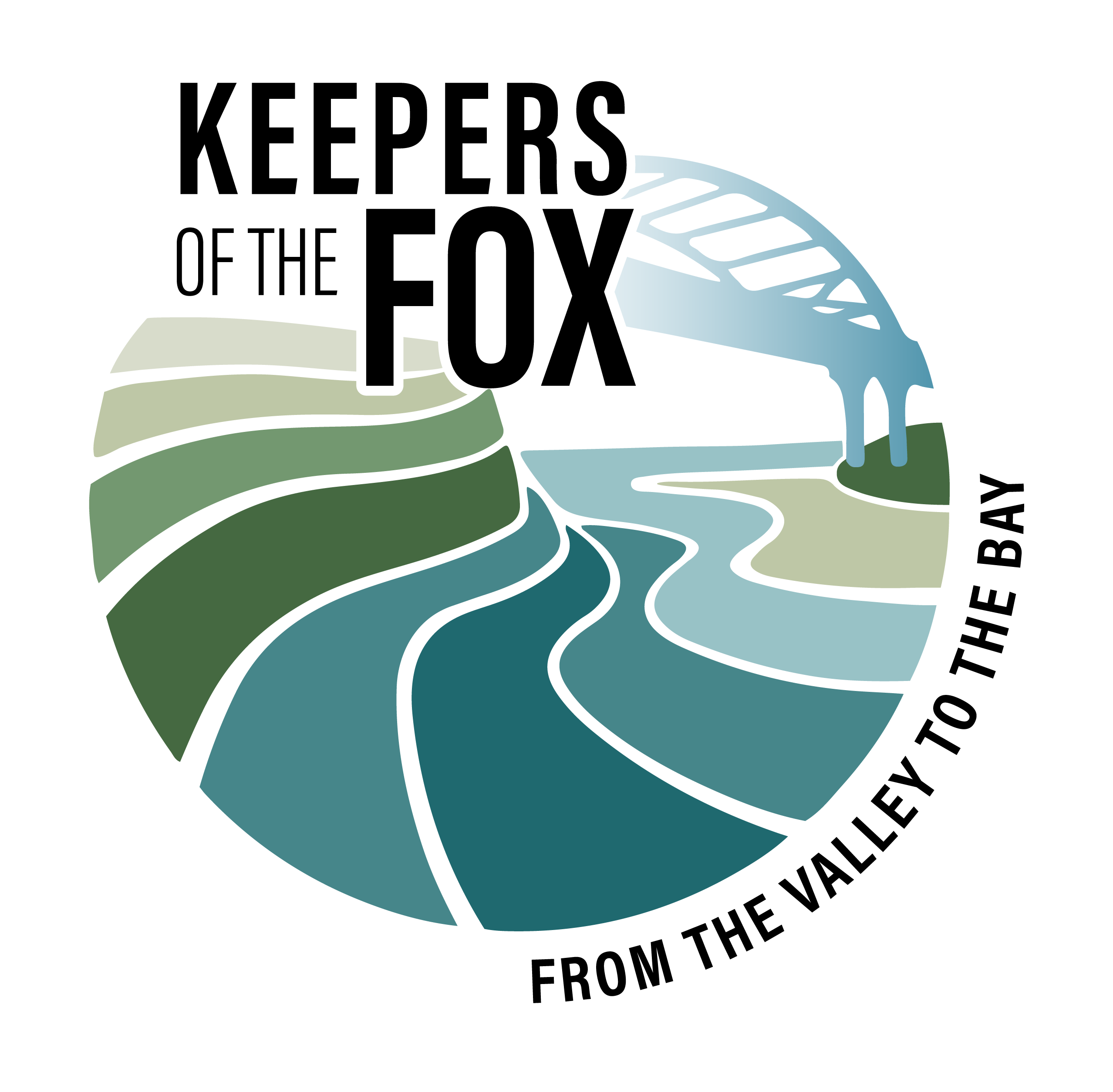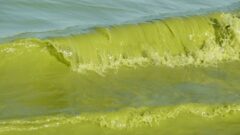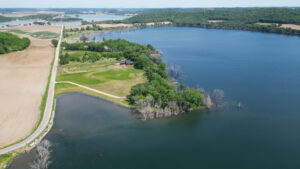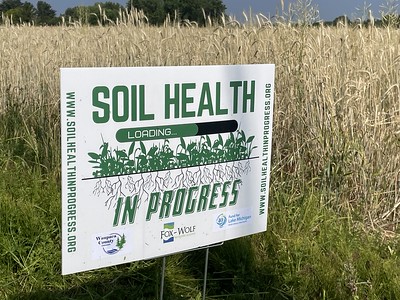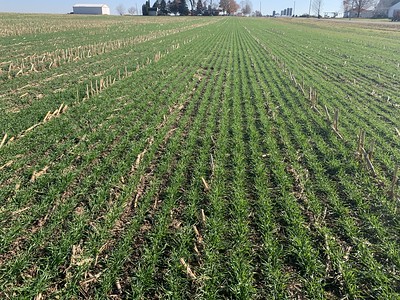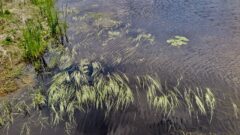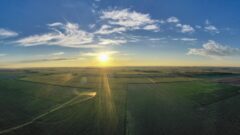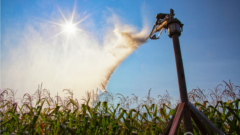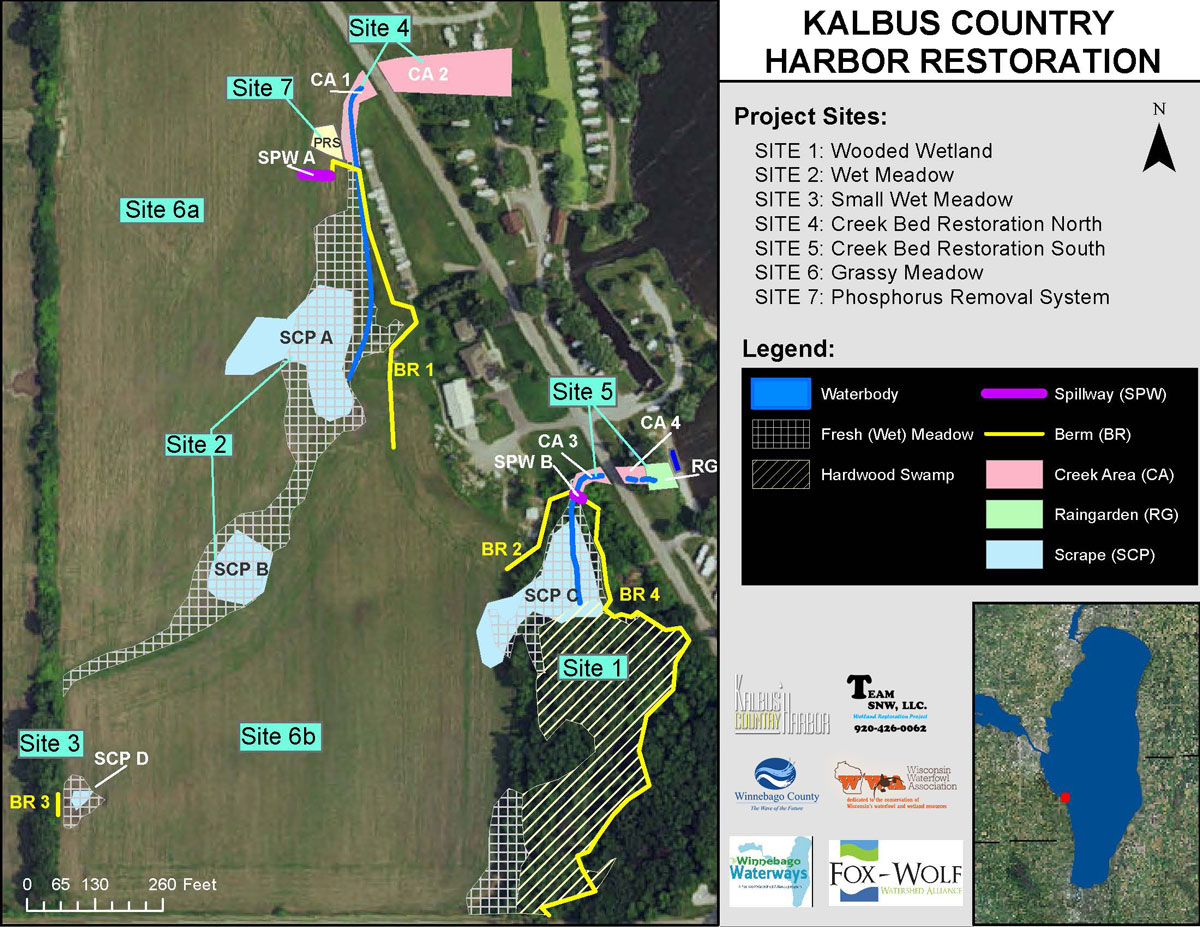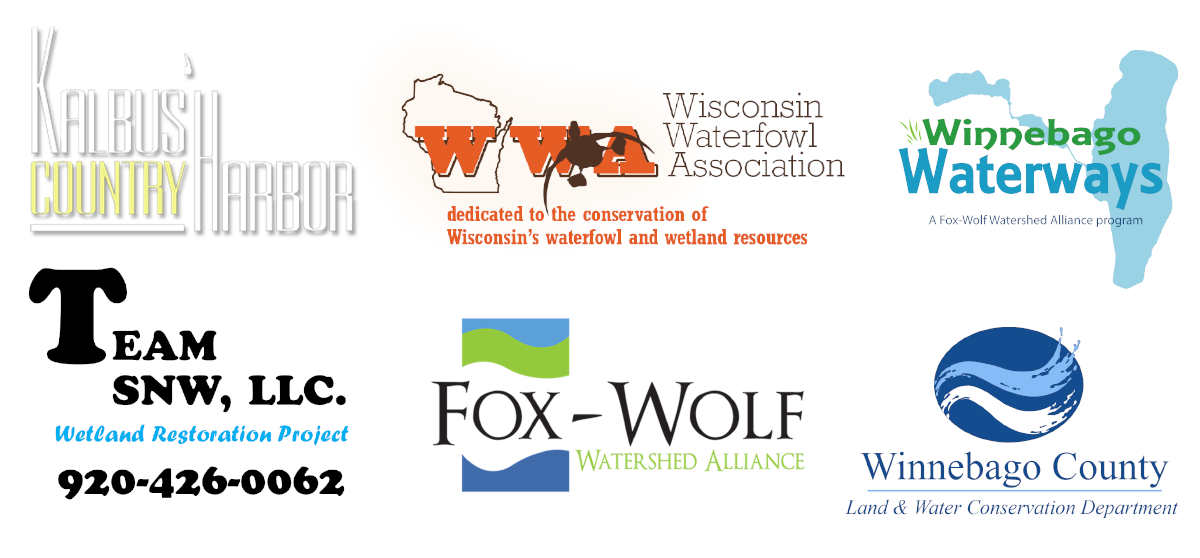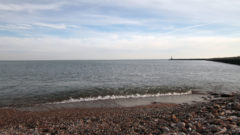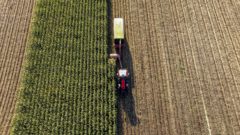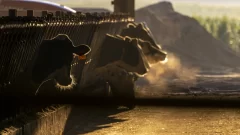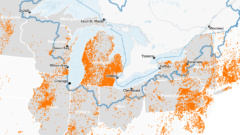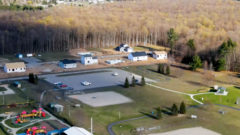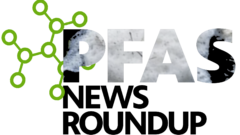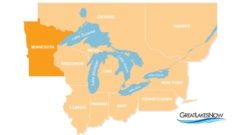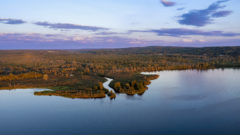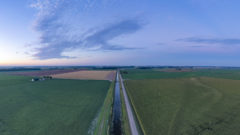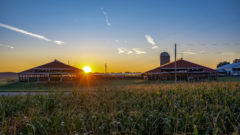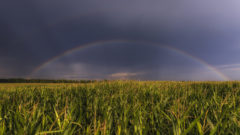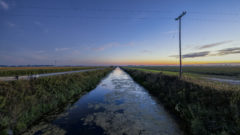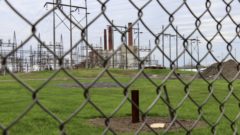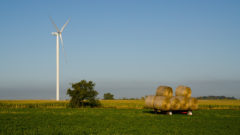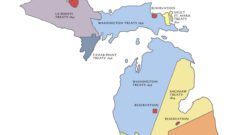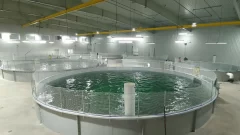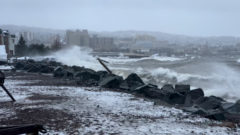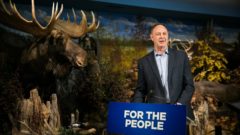Watershed Moments: Year After Year
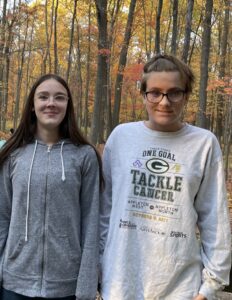
Emma and Rory spend time outside with their troop.
It’s not just about the cookies.
Girl Scout troops 2278 and 2378 have been working together to care for our watershed for years. No one can remember quite when they started, but they remember the badge they were working on.
Troop leader Julie Schubring explained that some badges are part of a series called a Journey. The Brownies in the troop were working on their Wonders of Water journey and needed a service project to connect them with water. For their final task, the Fox-Wolf Watershed Cleanup was a perfect fit.
“They all love water things,” Julie said. “We go kayaking, hiking to waterfalls, swimming.” So it wasn’t hard to get them interested in keeping their water clean.
Those same Brownies are now middle and high school students, some of whom are still invested in caring for our local waters. But their understanding of water quality has grown beyond just picking up trash.
“Some of the older kids have gone to the water plant and learned about how water is managed,” Julie said. The scouts wanted to learn how to help with water quality before it even gets to the treatment plant.
It would be easy for these kids to get their badges, complete their Journey, and move on to something else. Instead, they keep volunteering, year after year.
“They’re so excited to participate,” Julie shared. “They want to find new things, but their hope really is to find that there is hardly anything there to clean.”
In the past, this troop has found a wide variety of items to pick up.
“People throw away a lot of cans and wrappers,” said Rory, age 16. “And fishing line is annoying to clean up. It gets tangled in the trees.”
Emma added that they’ve seen big things too, like tires and even a whole muffler!
Because they’ve been participating for a couple of years, Emma and Rory have watched the trash at their local site come and go.
“Because our site is local to us, we get to go back and see it other times of the year,” said Julie. The troop has other events at the park, and the scouts have other family or community reasons to be there as well.
“It makes me happy to know I can help. But I also get annoyed and angry that it doesn’t stay clean,” said Rory. Emma agreed and added, “It’s sad that trash in my town is this big of a problem.”
Undaunted, these two scouts and the rest of their troop have been returning to the cleanup year after year. And they’re inviting family members to join them. “I went the first time because I was supposed to, but I ended up enjoying it, so I keep coming back,” said Emma.
Emma has managed to convince her siblings, her mom, and her grandma to join in. What’s the secret for being persuasive? “I just ask nicely!”
Watershed Moments is a publication of Fox-Wolf Watershed Alliance, sharing the stories of how your donations have impacted lives in our community. Read our latest project updates, make a secure online donation, or become a member at www.fwwa.org
The post Watershed Moments: Year After Year appeared first on Fox-Wolf Watershed Alliance.
Fox-Wolf Watershed Alliance
https://fwwa.org/2024/03/19/watershed-moments-year-after-year/?utm_source=rss&utm_medium=rss&utm_campaign=watershed-moments-year-after-year

